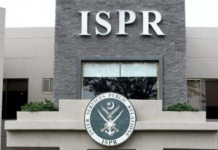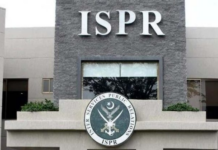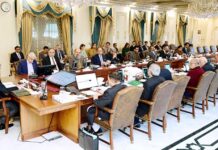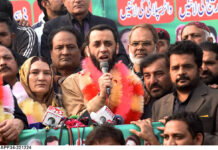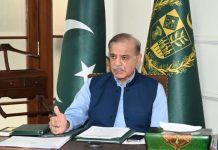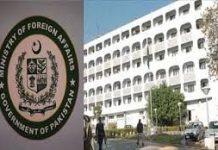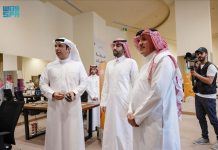ISLAMABAD, Sep 09 (APP):The Institute of Urbanism (IoU) with the support of Henrich Boll Stiftung brought together the people of Farash Town for 3-day training workshop that transformed how they view everyday waste. With a focus on turning waste into something valuable, the workshop wasn’t just about managing waste, it was about creating, opportunities, and better futures for families.
During the sessions, residents learned that much of what we consider “waste” is a resource waiting to be tapped. Approximately 60% to 70% of the waste produced daily by households consists of wet waste, instead of discarding it, Aqsa Arshad, Founder Eco-organics, taught simple ways to turn it into organic fertilizer, offering not just environmental benefits, but the potential to earn a living, a news release said.
Plastic waste was another big focus. The workshop showed how even a common plastic bottle could be recycled into polyester fabric for clothing. “Waste has value,” was the takeaway for many participants, as they realized that their household waste could be part of something bigger.
Tayyaba Pervaiz, program Assistant, IoU, shared simple yet powerful ideas on how everyday items could be transformed into something new and profitable. “Upcycling isn’t just about giving old things a second life,” she said. “It’s about realizing the value in what we often throw away. By turning waste into something useful—like using old tires as planters or turning plastic bottles into decorative flowerpots—you’re not only helping the environment, but you’re also creating a source of income. Everyone has the power to create something beautiful and meaningful from waste.”
Dr. Ejaz, Senior Program Coordinator IoU, spoke about the connection between waste, health, and the future of our planet. “Improper waste disposal affects us all. It pollutes our environment, harms our health, and damages the spaces where we live. But it doesn’t have to be that way. By managing waste better, we protect the air we breathe, the water we drink, and the soil where we grow our food. The solutions are in our hands, and this workshop shows that with a little effort, we can make a big difference.”
The workshop didn’t just offer information—it sparked conversations, ideas, and a sense of empowerment among the participants. People shared stories, learned from one another, and felt connected to a larger mission. By the end of the event, there was a feeling of hope in the air, as residents realized that waste doesn’t have to be a burden. It can be an opportunity, a resource, and even a way to build a better future for their community.
As Farash Town looks ahead, the lessons learned during these three days will stay with them, helping families take small steps toward big changes. By managing waste responsibly, they are not only keeping their neighborhoods clean but also creating new possibilities for themselves and future generations. The workshop proved that, together, a cleaner, healthier, and more prosperous community is possible.
مضمون کا ماخذ : مایا کا عروج
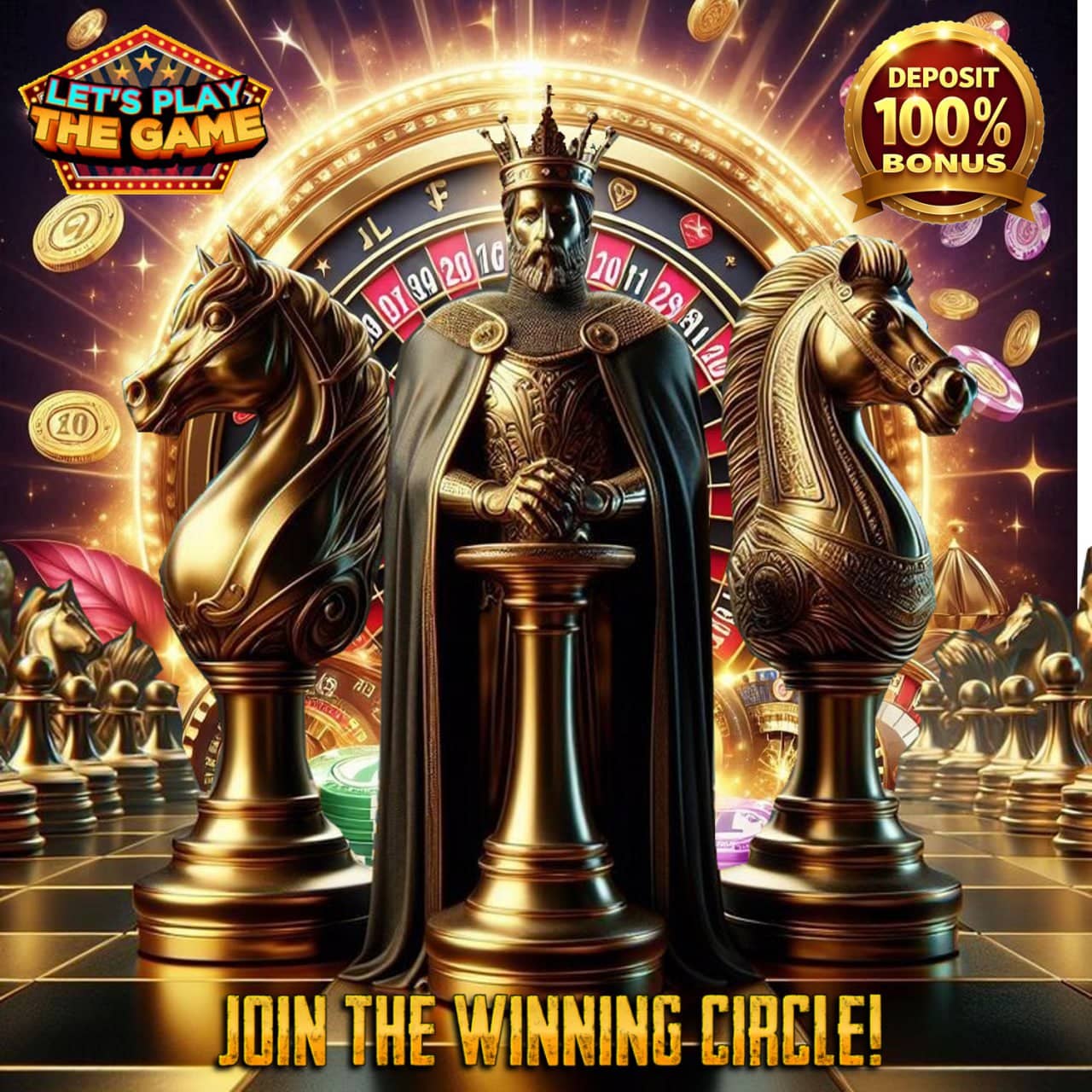
.jpg)

